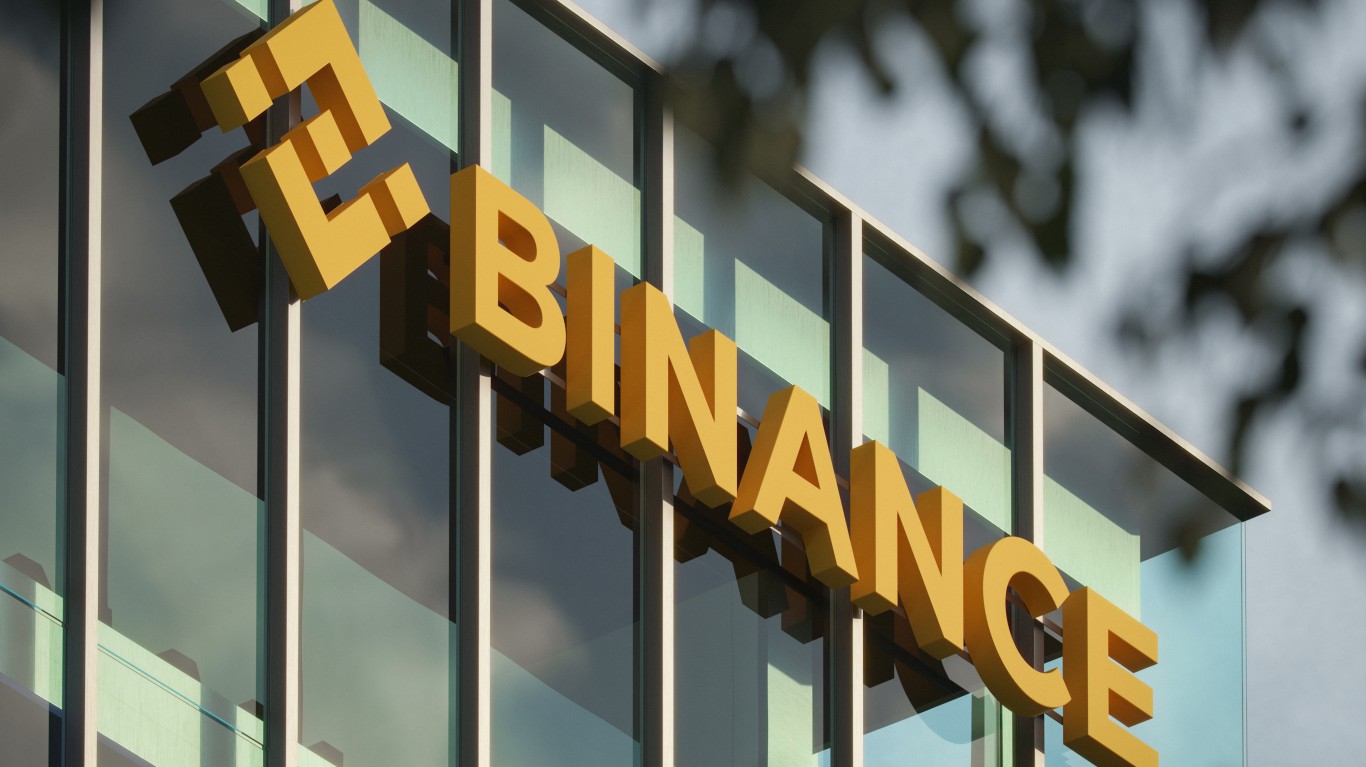Investing
Binance Helped US Gov. Recover $4.4M From North Korean Hackers

Published:

Binance has cooperated with US federal prosecutors to seize $4.4 million of crypto assets and freeze accounts connected to North Korean hacking groups. The move comes as North Korea’s elite state-sponsored hackers increasingly turn to crypto thefts to fund the country’s treasury.
In a recent Twitter thread, the world’s largest cryptocurrency exchange said that through its Binance Investigations team, it worked with law enforcement in the United States to hamper the “illicit revenue generation activities” of four now-sanctioned entities in North Korea.
In a separate statement, the Department of the Treasury’s Office of Foreign Assets Control announced that it has sanctioned four entities and one individual engaged in “malicious cyber activities that support the Democratic People’s Republic of Korea (DPRK) Government.”
The agency made no mention of Binance in the announcement. However, Under Secretary of the Treasury for Terrorism and Financial Intelligence, Brian Nelson, said the US and its “partners remain committed to combatting the DPRK’s illicit revenue generation activities.”
The Treasury detailed that the four entities were the Chinyong Information Technology Cooperation Company, Pyongyang University of Automation, the 110th Research Center, and the Technical Reconnaissance Bureau.
Chinyong is believed to maintain a “workforce of thousands of highly skilled IT workers around the world” who are tasked with generating “revenue that contributes to its unlawful WMD and ballistic missile programs,” the federal department said.
Blockchain, the technology that underpins cryptocurrencies, comes with some key features, one of which is transparency. In simple words, every transaction that occurs on the network is recorded in a digital ledger that is public and accessible to everyone.
This feature eliminates the need for third-party intermediaries like banks and promotes trust between parties. On the flip side, transparency in blockchain technology makes it challenging for criminals to execute fraudulent activities.
Criminals often use obscure financial networks to disguise their illegal activities, transfer funds secretly, and evade authorities. However, with blockchain technology, transaction records are always visible and accessible, making it easier for authorities to trace and detect suspicious activities.
“The blockchain provides a tremendous amount of transparency, which enables law enforcement to uncover these types of crimes,” Binance said, noting that blockchain’s transparency provides an excellent solution for financial fraud detection, anti-money laundering, and terrorism financing.
North Korean hacking groups account for a huge portion of illicit cyber activities. Moreover, state-sponsored hackers are deemed responsible for some of the largest cryptocurrency heists.
According to a report by blockchain analysis firm Chainalysis, North Korea-backed hackers stole $1.7 billion of crypto in 2022. The company noted that this figure is up by around 300% compared to the country’s previous record of $429 million in 2021.
In a separate report, blockchain security firm Elliptic revealed that North Korea had stolen $2.3 billion in cryptocurrency from businesses between 2017 and 2022. The bulk of that amount was stolen from Japan ($721m), followed by Vietnam ($540m), the U.S. ($497m), and Hong Kong ($281m), the study showed.
Additionally, the US government has claimed that the Lazarus hacking group from North Korea is to blame for the Axie Infinity Ronin blockchain hack, where they made off with around $625 million worth of Ethereum and USDC.
North Korea, however, has disputed such allegations, repeatedly denying any intentions of hacking crypto and refuting the accusations against the Lazarus group. The group has previously been accused of masterminding several hacking episodes, including the 2014 hack of Sony Pictures and the 2017 Wannacry ransomware attacks.
In another collaboration with law enforcement, Binance has recently announced plans to remove privacy tokens from its platform for users in France, Italy, Poland, and Spain starting June 26. The decision impacts a total of 12 tokens, including popular cryptocurrencies like Monero (XMR), Zcash (ZEC), and Dash (DASH).
This article originally appeared on The Tokenist
Retirement can be daunting, but it doesn’t need to be.
Imagine having an expert in your corner to help you with your financial goals. Someone to help you determine if you’re ahead, behind, or right on track. With SmartAsset, that’s not just a dream—it’s reality. This free tool connects you with pre-screened financial advisors who work in your best interests. It’s quick, it’s easy, so take the leap today and start planning smarter!
Don’t waste another minute; get started right here and help your retirement dreams become a retirement reality.
Thank you for reading! Have some feedback for us?
Contact the 24/7 Wall St. editorial team.